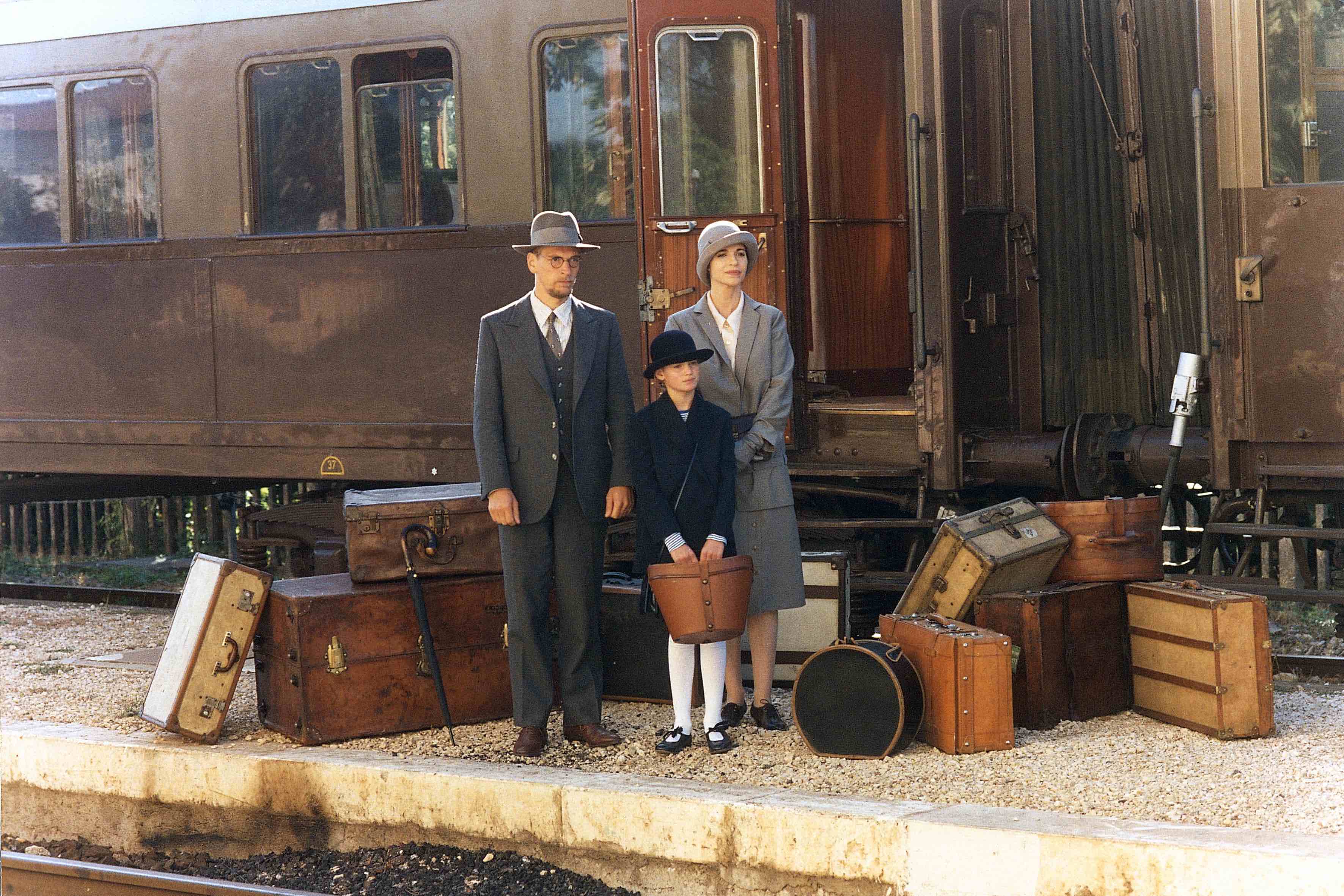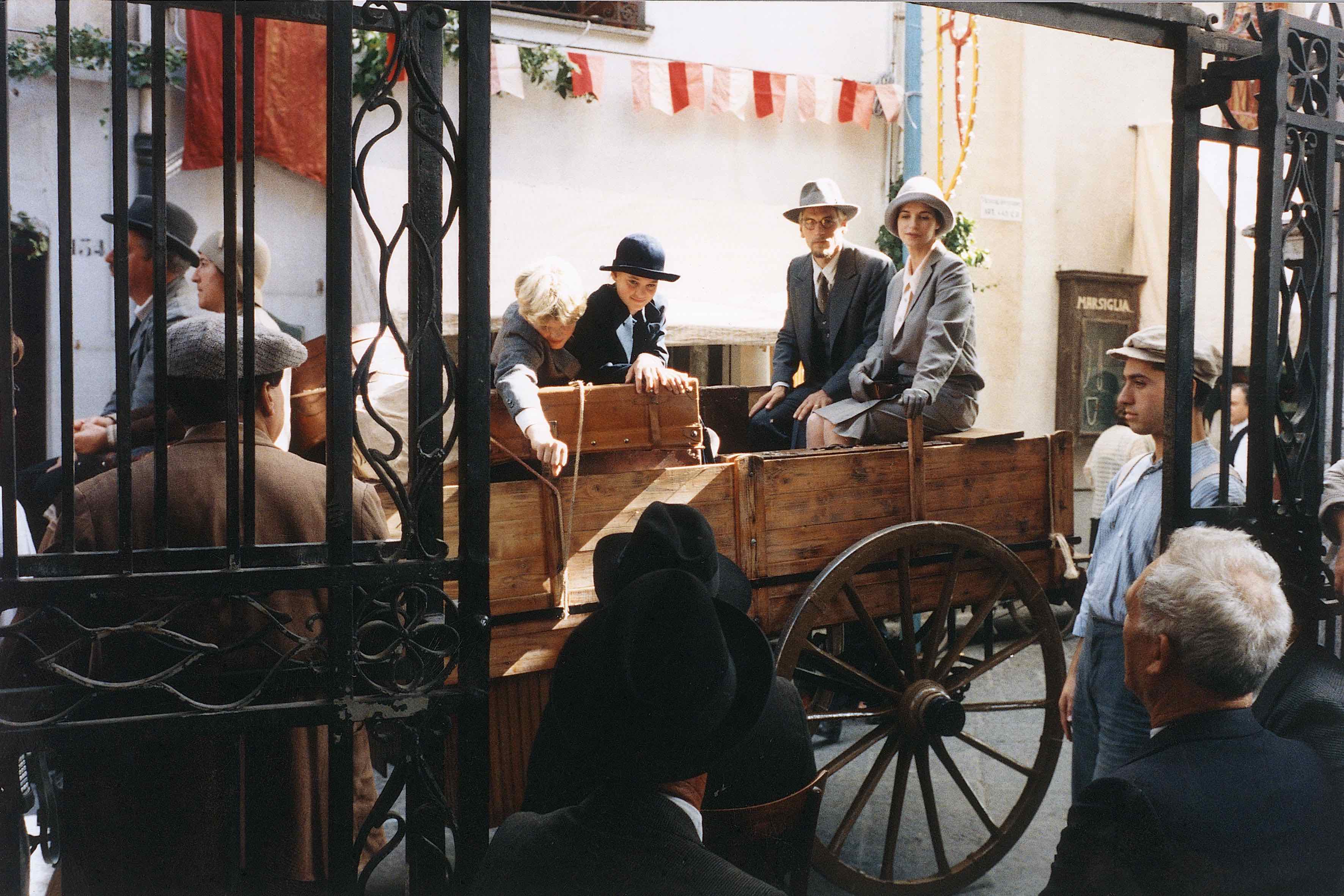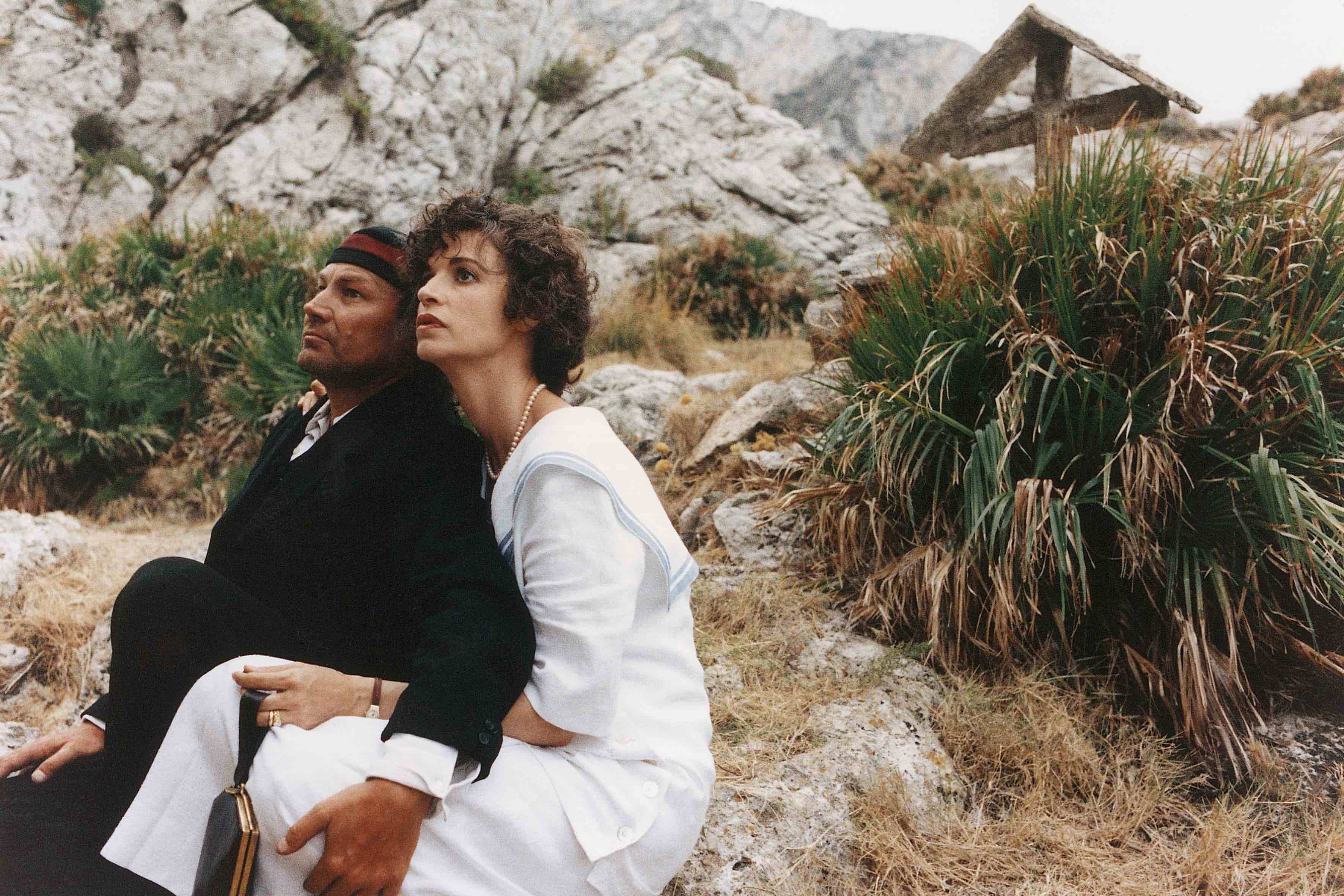The small coastal resort of Torre di Venere at the end of the 1920s. As every summer, the German writer B. Fuhrmann, his wife and their two children are going to spend their holiday there. Close ties have been forged over the years between this well-off family from Northern Europe and the inhabitants of this Italian village. But, this year, everything will be different. With the rise of Fascism, their stay takes on a more somber tone. Their Italian hosts suddenly display unconcealed racism towards them and an innocuous incident on the beach involving Sophie, their daughter, takes on a scandalous air. The overheated atmosphere attains its climax when a strange man, Cipolla, appears. A travelling hypnotist, possessing obvious powers, he uses his charm like a weapon. Nothing and no one can escape his influence and he plays on the hatreds and loves of this community. His final performance will focus all these emotions. By forcing everyone to play their roles to their logical conclusion, he will unleash a genuine catastrophe.
REVUE DE PRESSE
Note d'intention de Klaus Maria Brandauer : autour de Mario et le Magicien.-660
This short story by Thomas Mann is highly topical on a political and literary level. Despite the period colours, costumes […]
Note d'intention de Klaus Maria Brandauer : autour de Mario et le Magicien.-660
This short story by Thomas Mann is highly topical on a political and literary level. Despite the period colours, costumes and sets, it is a modern story that speaks of seduction, love, hatred, jealousy, murder and power: themes as old as the world and as old as life itself !
My own questions concerning the behaviour of the Fuhrmann family were my main centre of interest: why do they not leave ? Why such passivity and deliberate unawareness ?
They are the important characters in the story. Cipolla is a minor contributor. He only exists and performs through the attention that others pay to him. Without their gaze, he is nothing.
I understand Cipolla; he touches me. He is an unfortunate who would have liked to play Hamlet but that proves impossible with his physique.
Even so, he realizes that even a misshapen being can give off eroticism; he fascinates and fools people but, once again, all this only works through others. The scene in which he proves to be unable to put on his corset alone symbolizes this. Without help, he folds up like a pocketknife ! "The Potentate is a myth, the King is played by us !" That's what I was able to read in Thomas Mann's work.
In the original story, Cipolla dies. I believe that any person who works on an adaptation is condemned to interpret it. In this particular case, it's a case of our own History related by a great provocateur: Thomas Mann. But we are living 70 years after the tale and events have unfortunately shown us that the just and the innocent rarely defend themselves against a tyrant's call to murder. In the film, Cipolla stays alive because today we are aware of this past that can occur again.
This is of course my interpretation but isn't fancy an indispensable element as soon as one starts telling stories ?
My own questions concerning the behaviour of the Fuhrmann family were my main centre of interest: why do they not leave ? Why such passivity and deliberate unawareness ?
They are the important characters in the story. Cipolla is a minor contributor. He only exists and performs through the attention that others pay to him. Without their gaze, he is nothing.
I understand Cipolla; he touches me. He is an unfortunate who would have liked to play Hamlet but that proves impossible with his physique.
Even so, he realizes that even a misshapen being can give off eroticism; he fascinates and fools people but, once again, all this only works through others. The scene in which he proves to be unable to put on his corset alone symbolizes this. Without help, he folds up like a pocketknife ! "The Potentate is a myth, the King is played by us !" That's what I was able to read in Thomas Mann's work.
In the original story, Cipolla dies. I believe that any person who works on an adaptation is condemned to interpret it. In this particular case, it's a case of our own History related by a great provocateur: Thomas Mann. But we are living 70 years after the tale and events have unfortunately shown us that the just and the innocent rarely defend themselves against a tyrant's call to murder. In the film, Cipolla stays alive because today we are aware of this past that can occur again.
This is of course my interpretation but isn't fancy an indispensable element as soon as one starts telling stories ?









